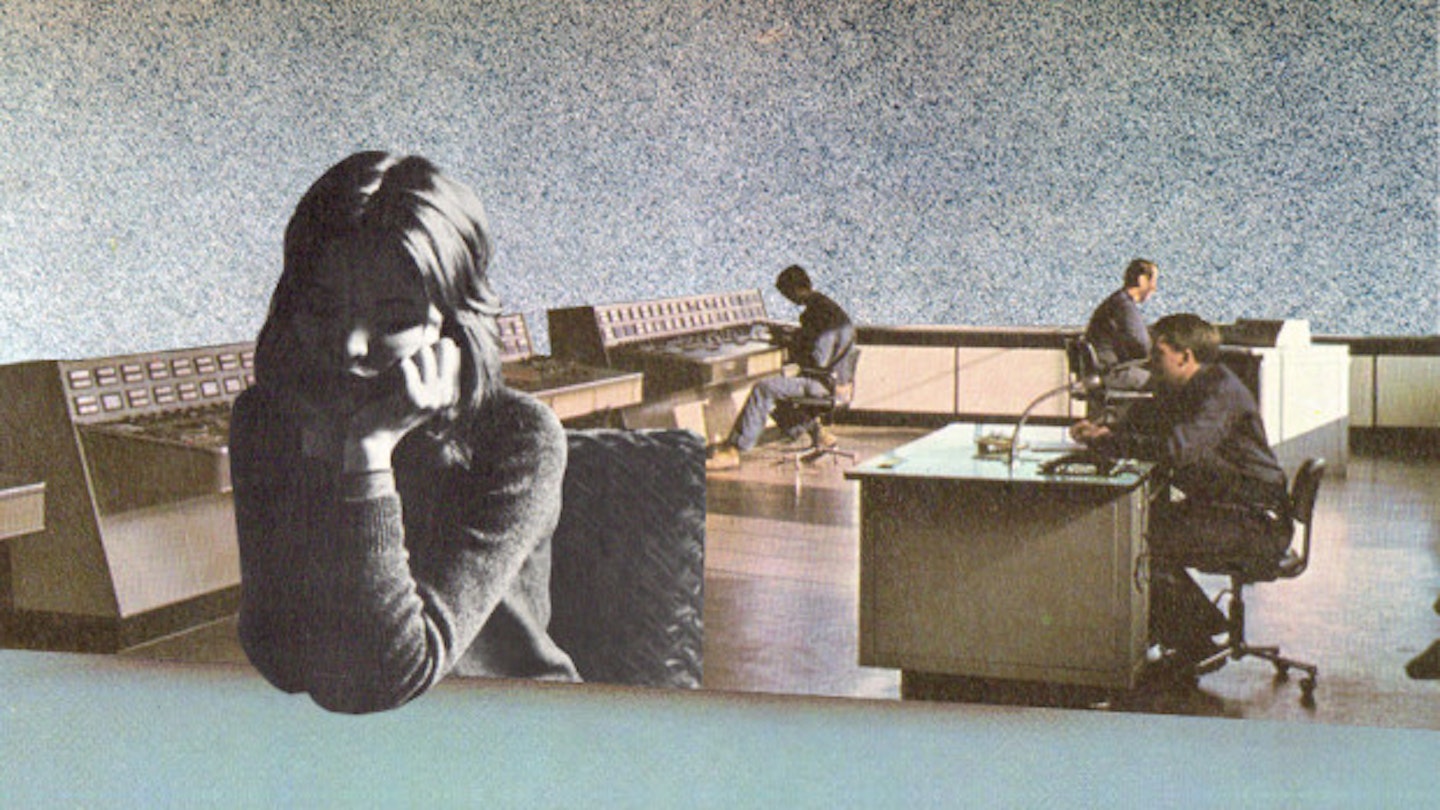Richard St. John
It’s a depressing thought, but success apparently isn’t a destination, it’s a journey. Short and sweet, Richard’s talk reiterates what we already know: that you have to work hard at something, and keep working at it, to sustain the feeling we know as success. So you might as well do something that you love.
Dan Gilbert
Dan Gilbert isn’t the easiest TED talker to listen to, he’s too adept at it. His rhythmic speech takes me back to being in a warm university lecture theatre, head moving closer to the table. But listen closely: he’s talking sense. We don’t think our lives will change that much, but apparently they will, dramatically. So don’t worry too much about your current job. 'Human beings are works in progress that mistakenly think they’re finished,' he says. 'The one constant in our life is change.'
Alain de Botton
It’s easy to dismiss Alain as a smug, middle-class preachy type but as he mentions here, that’s probably just envy talking. The everyman philosopher and founder of the School of Life explains why a meritocratic society can make us feel a deeper sense of failure and why we shouldn’t judge people to harshly. 'You can’t have it all,' Botton says. There is always going to be an area in which we lose out. It’s up to us to decide what we define as success.
David Steindl-Rast
Are happy people more grateful? No, says Brother David Steindl-Rast, a Benedictine monk, grateful people are happier. But he’s not ordering us to eat everything on our plates and thank God we weren’t born in Ethiopia, he’s informing us that we can enjoy every moment of our lives. What’s more, he suggests that if we are grateful, we open our eyes to new opportunities and act 'out of a sense of enough, and not out of scarcity,' meaning that we make the right choices for us and everyone else. Stop, look, go!
Jill Bolte Taylor
It’s not directly related to work but this talk by Jill Bolte Taylor is a powerful message in celebrating our misfortunes as helpful learning experiences. A brain scientist investigating schizophrenia, she was given a chance to understand the workings of the brain first-hand when she had a brain haemorrhage. The stroke enabled her first to hear the unconscious workings of her brain and then see the boundaries of her body merging with the atoms and energy outside of it. Jill’s is the second most-viewed TED talk of all time and it’s easy to see why. Her memories of the experience are humbling and hilarious. Also, you get to see a real human brain. Have you ever seen a real brain? It looks like a cauliflower jellyfish.
Like this? You might also be interested in:
The Ted Talks That'll Get You Through The Next Few Scary Months Now You've Finished Uni
Some Non Taxing Telly Shows To Watch In The Boring TV Lull Over The Summer
This article originally appeared on The Debrief.
